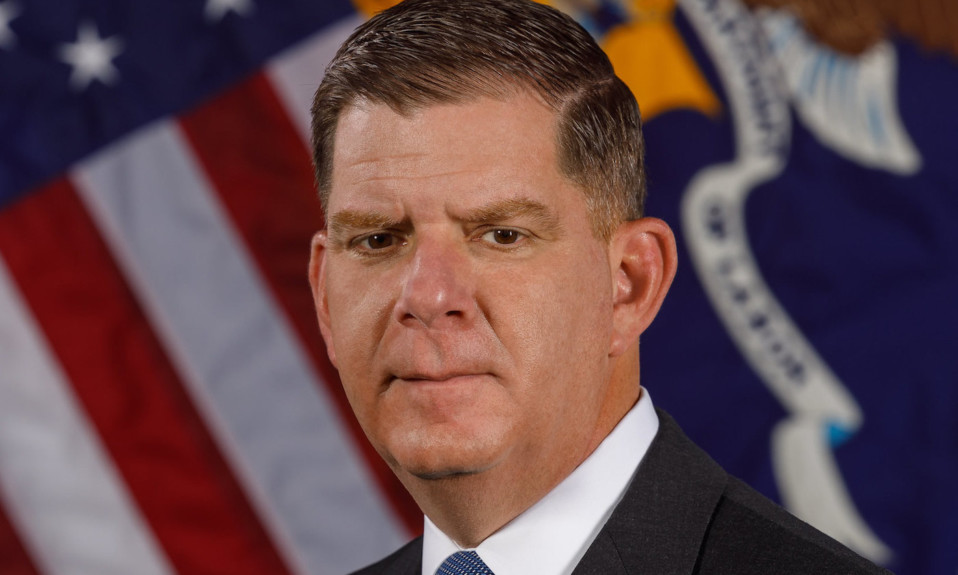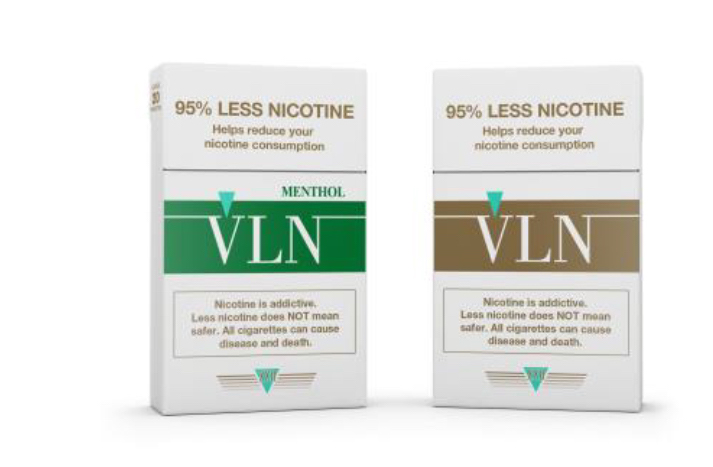As U.S. Secretary of Labor Marty Walsh says: “Health plans are falling short of providing parity in mental health and substance use disorder benefits”
By Jason Langendorf
The Departments of Labor, Health and Human Services, and the Treasury recently issued their biennial report on a key piece of federal legislation that holds insurance providers accountable for their mental health and addiction treatment coverage. The picture painted by the report was not a pleasant one.
The Mental Health Parity and Addiction Equity Act of 2008 (MHPAEA), according to the Centers for Medicare & Medicaid Services (CMS), “generally prevents group health plans and health insurance issuers that provide mental health or substance use disorder benefits from imposing less favorable benefit limitations on those benefits than on medical/surgical benefits.”

But when the departments responsible for overseeing compliance with the MHPAEA issued their 2022 report to Congress in January, they suggested that health insurance issuers were failing those responsibilities in accordance with the federal law.
“The report’s findings clearly indicate that health plans and insurance companies are falling short of providing parity in mental health and substance use disorder benefits, at a time when those benefits are needed like never before,” said U.S. Secretary of Labor Marty Walsh. “The pandemic is having a negative impact on the mental health of people in the U.S. and driving a rise in substance use. As a person in recovery, I know firsthand how important access to mental health and substance use disorder treatment is.”
The Parity Report
The 2022 MHPAEA report says that, under President Joe Biden’s administration, the office of the president, the Department of Labor (DOL) and the Departments of Health and Human Services (HHS) and the Treasury have made “an unprecedented commitment to build on their longstanding efforts to advance mental health parity by making MHPAEA enforcement a top priority.”
In one case, a health insurance issuer covered nutritional counseling for diabetes (a medical condition) but not for anorexia, bulimia and binge-eating disorders (all mental health conditions).
The report also makes recommendations to strengthen MHPAEA’s consumer protections and enhance the departments’ enforcement capabilities, while identifying specifics on how payers are violating the parity act. In one case, a health insurance issuer covered nutritional counseling for diabetes (a medical condition) but not for anorexia, bulimia and binge-eating disorders (all mental health conditions).
“Payers have also introduced extremely complex authorization procedures, making them unnavigable for consumers and preventing providers from securing treatment that can effectively treat the patient,” Thomas Britton, recently named CEO of American Addiction Centers, wrote in an email to TreatmentMagazine.com. “This forces patients into lower levels of care with insufficient lengths of treatment, literally threatening their lives.”
What to Do?
The departments involved in MHPAEA compliance acknowledge that current feedback “makes it clear that compliance assistance alone is not sufficient, and a greater emphasis on proactive enforcement is required.”
“Parity enforcement cannot succeed without access to data on treatment authorizations, decision protocols and detailed data on patient authorization patterns.”
—Thomas Britton, CEO, American Addiction Centers
The report cited a lack of transparency and failure to share data as sticking points in tracking compliance. In a review conducted by the Department of Labor’s Employee Benefits Security Administration (EBSA) assessing 156 payers on their non-quantitative treatment limitations (NQTLs), not one provided all of the initially requested information.
“Parity enforcement cannot succeed without access to data on treatment authorizations, decision protocols and detailed data on patient authorization patterns,” Britton wrote to TreatmentMagazine.com. “Transparency opens the door for greater accountability. Effective parity enforcement will directly increase not just access to care, but access to care at the right level and for the right duration while reducing the stigma that continues to influence individuals’ decisions to seek care when they need it most.”
Along with the 2022 MHPAEA report, a fiscal year 2021 MHPAEA enforcement fact sheet was issued by the associated oversight departments. The fact sheet outlines the enforcement efforts and violation investigations by the EBSA and CMS, including a settlement with United Behavioral Health that saw $13.6 million in restitution issued to participants and beneficiaries.
Photo: Shutterstock













